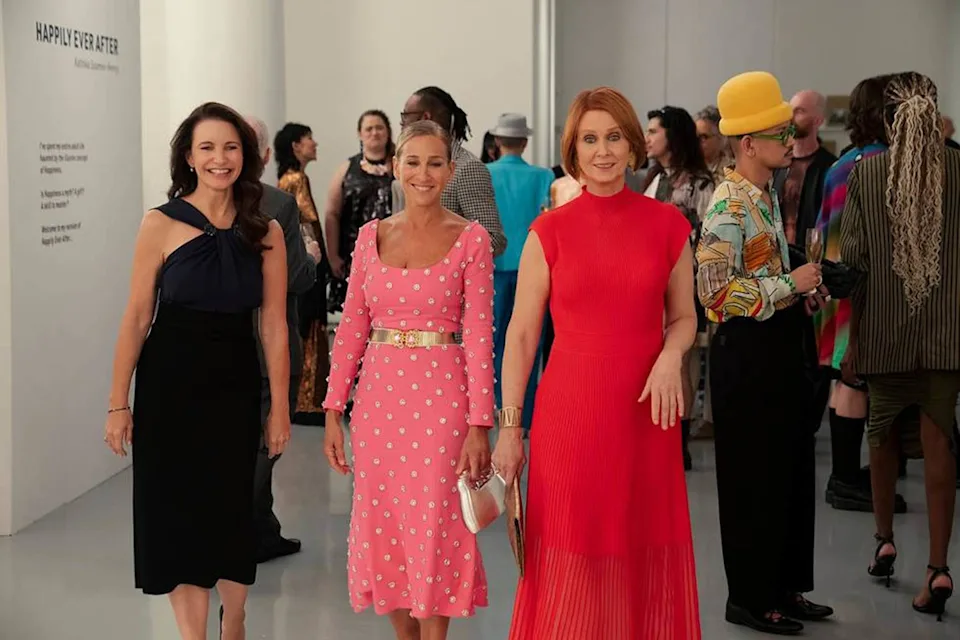Why Isn't Someone Doing Something?
- megdeford
- Sep 7
- 3 min read
This summer, I (guiltily) watched And Just Like That and The Summer I Turned Pretty. Both shows are messy, nostalgic, occasionally ridiculous with writing that is…not great. Who names their protagonist Belly and has she explored not dating brothers...or therapy? Why did every SATC character have a lobotomy and now don’t seem to like each other? Don’t get me started on Miranda…
Anyway, beneath the drama circle questions around what we will accept in love, in friendship, in how we’re seen. We often talk about not settling in relationships or asking for what we’re worth at work, but what about in our systems and policies?
So often, we turn outward, asking, “Why isn’t someone doing something?” That question leaves us powerless, waiting for someone else to act.
But we’re not powerless. We don’t get the justice we deserve. We get the justice we demand.
Change doesn’t begin with a single leader swooping in. It begins in community, when people connect, speak up, and refuse to settle together. And community isn’t abstract. It shows up in the everyday:
You might advocate for the health and safety of your town.
Because public health doesn’t stop at a hospital door. What happens in schools, stores, and workplaces ripples to everyone.
You might ask your school board how they’re addressing issues that affect every child.
Because today’s kids are tomorrow’s coworkers, neighbors, and leaders. Their well-being shapes the whole community.
You might use your library not just for books, but as a hub of shared resources.
Because in the world of Google and Amazon, libraries are one of the last truly public spaces: free Wi-Fi, job resources, language programs, and community events. Libraries belong to everyone.
You might volunteer your skills, time, or simply your presence.
Because small actions add up. An hour a month mentoring, coaching, or showing up for a local event builds connection and resilience that can’t be bought.
And so on. I don't pretend it's simple or that it's easy. Building community is what connects us, but the very act of connecting can feel like a risk when the other person’s ideology could be at odds with our own. Some people fundamentally disagree with us, sometimes in ways directly tied to our existence, safety, or dignity. That reality can make the idea of community feel impossible. Why would I want to engage with someone who sees me as less than?
Community doesn’t mean collapsing into false unity. It means finding the people, even across differences, who are willing to act in good faith, to listen. It means refusing to let the loudest, most divisive voices define what’s possible.
Because ideology doesn’t clean up a neighborhood. It doesn’t keep kids healthy. It doesn’t build libraries, mentor youth, or feed neighbors. Real change comes when we move past whose personal beliefs are right and into what actually works.
The more we engage in community, the entire community, the more we see ourselves as part of a whole. It asks us to practice empathy, to hold space for differences, to let our personal beliefs complement those of others.
We aren’t solitary stars. We are constellations, interconnected, shaping and shaped by one another.
If you're open to it:
Pick one way to show up in your community this month. Learn about your school board or attend a meeting, get a library card, volunteer for an hour, or catch up with a neighbor.
xoxo,
Meghan






Comments